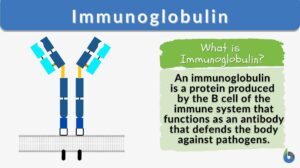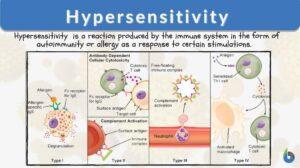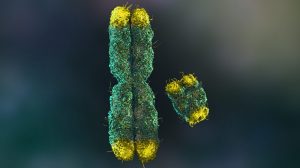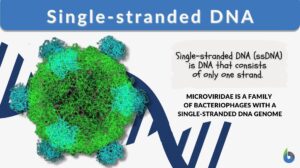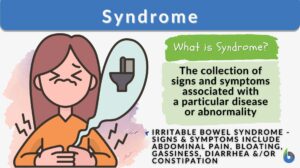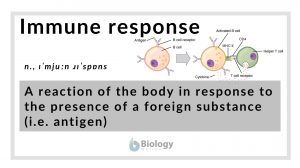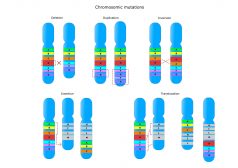Search Results for: complement
Complement fixation test
Definition noun (immunology) A form of immunological test for the detection of the presence of either a particular antibody... Read More
Complement
Complement (Science: immunology) a term originally used to refer to the heat labile factor in serum that causes immune... Read More
Humoral immunity
Let’s get to know where one should place humoral immunity, the topic of today’s discussion!! By the end of the article,... Read More
Phagocytosis
Phagocytosis Definition Phagocytosis is a basic physiological cellular process wherein a cell ingests a solid particle... Read More
Immunoglobulin
Immunoglobulin Definition An immunoglobulin is a globulin molecule produced by the immune cells, for the body's defense... Read More
Hypersensitivity
Hypersensitivity Definition Hypersensitivity is the exaggerated immune response to protect the human from foreign bodies... Read More
Transcription (biology)
In biology, transcription is the process of transcribing or making a copy of the genetic information stored in a DNA strand... Read More
Y chromosome
Y chromosome Definition The Y chromosome constitutes one member of the pair of sex chromosomes within an organism, a common... Read More
Chromosomes X and Y and Sex Determination
Reviewed by: Mary Anne Clark, Ph.D.In humans, the normal chromosome complement is 46, consisting of 22 pairs of... Read More
Coordination
Coordination Definition When a person hears the word coordination, they think of order, organization, or even managing... Read More
Immune cytolysis
Definition noun (1) Cell lysis caused by a lesion produced by the complement proteins on the antibody-coated cell membrane... Read More
Single-stranded DNA
What is single-stranded DNA? DNA is the material that living organisms possess that carries their genetic make-up. DNA and... Read More
Precursor mRNA
Definition noun plural: precursor mRNAs An immature or incompletely processed mRNA molecule in eukaryotes that needs to be... Read More
Mature mRNA
Mature mRNA Definition Mature mRNA is the completely processed mRNA molecule in the cell of eukaryotes. The mRNA is a type... Read More
Meiosis – The Genetics of Reproduction
The genetic information found in DNA is essential in creating all the characteristics of an organism. This remains the case... Read More
Antigen-antibody complex
Antigen-antibody complex The complex formed by the binding of antigen and antibody molecules. The deposition of large... Read More
Bacteriolysin
Definition noun, plural: bacteriolysins (1) A specific antibody that combines with bacterial cells (antigens) and, in the... Read More
Autoimmunity
Definition noun, plural: autoimmunities A type of immunity wherein the immune response is directed against own body,... Read More
Xxy syndrome
XXY syndrome --> klinefelter's syndrome (Science: syndrome) A condition characterised by small testes with hyalinization... Read More
Immune response
Immune Response Definition An immune response is defined as the reaction of the body in response to the presence of a... Read More
Induced fit model
Induced-Fit Model Definition The induced-fit model is a model for enzyme-substrate interaction to depict the dynamic... Read More
Opsonization
Definition noun, plural: opsonizations The process at which opsonins bind to the surface of the antigen so that the... Read More
Chromosome Mutations
Reviewed by: Mary Anne Clark, Ph.D.By nature, the genetic information from both parents is expected to be seen... Read More
Autoimmune disease
Definition noun, plural: autoimmune diseases A type of disease as a result of an immune response of the body against own... Read More
Rosette formation
rosette formation The in vitro formation of clusters consisting of a cell (usually a lymphocyte) surrounded by antigenic... Read More




